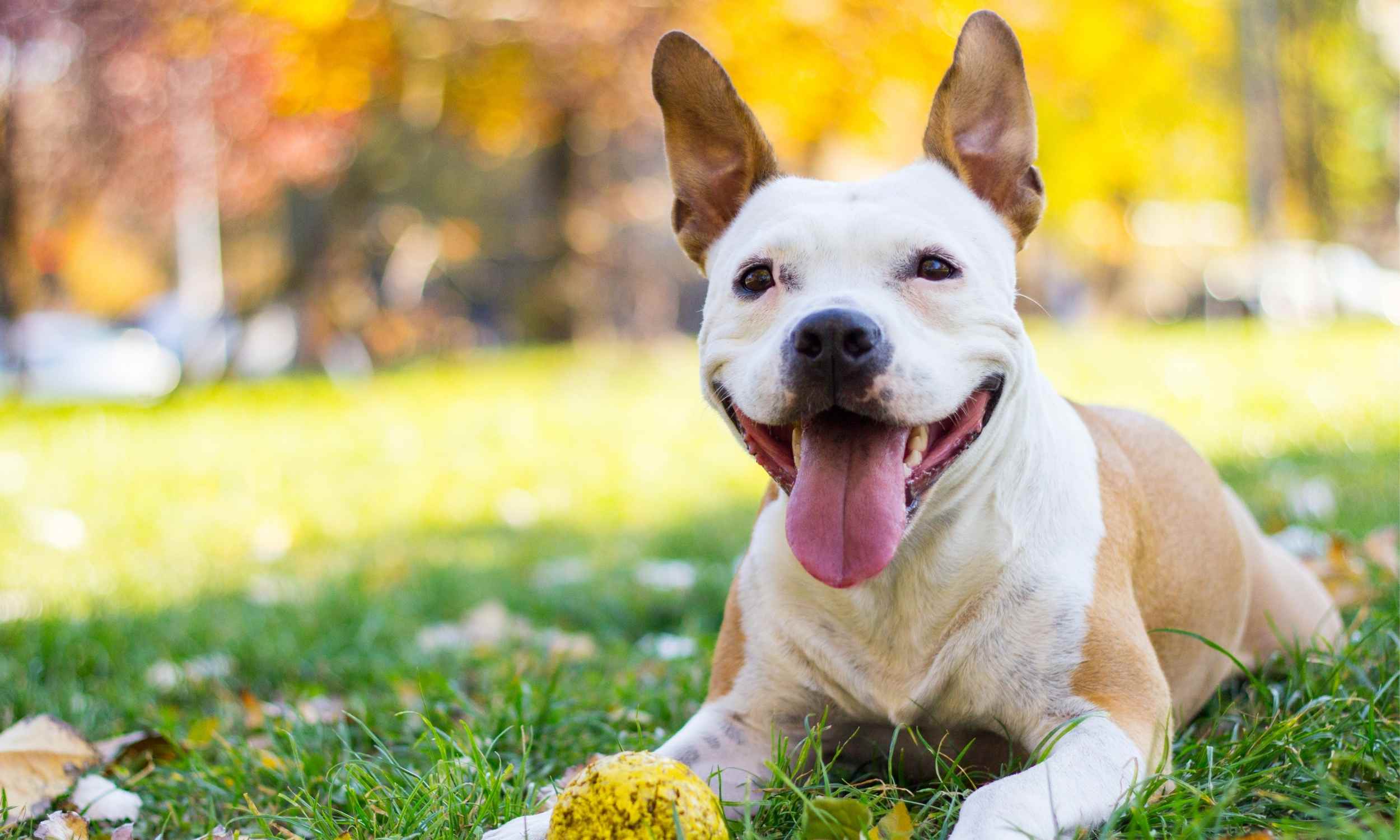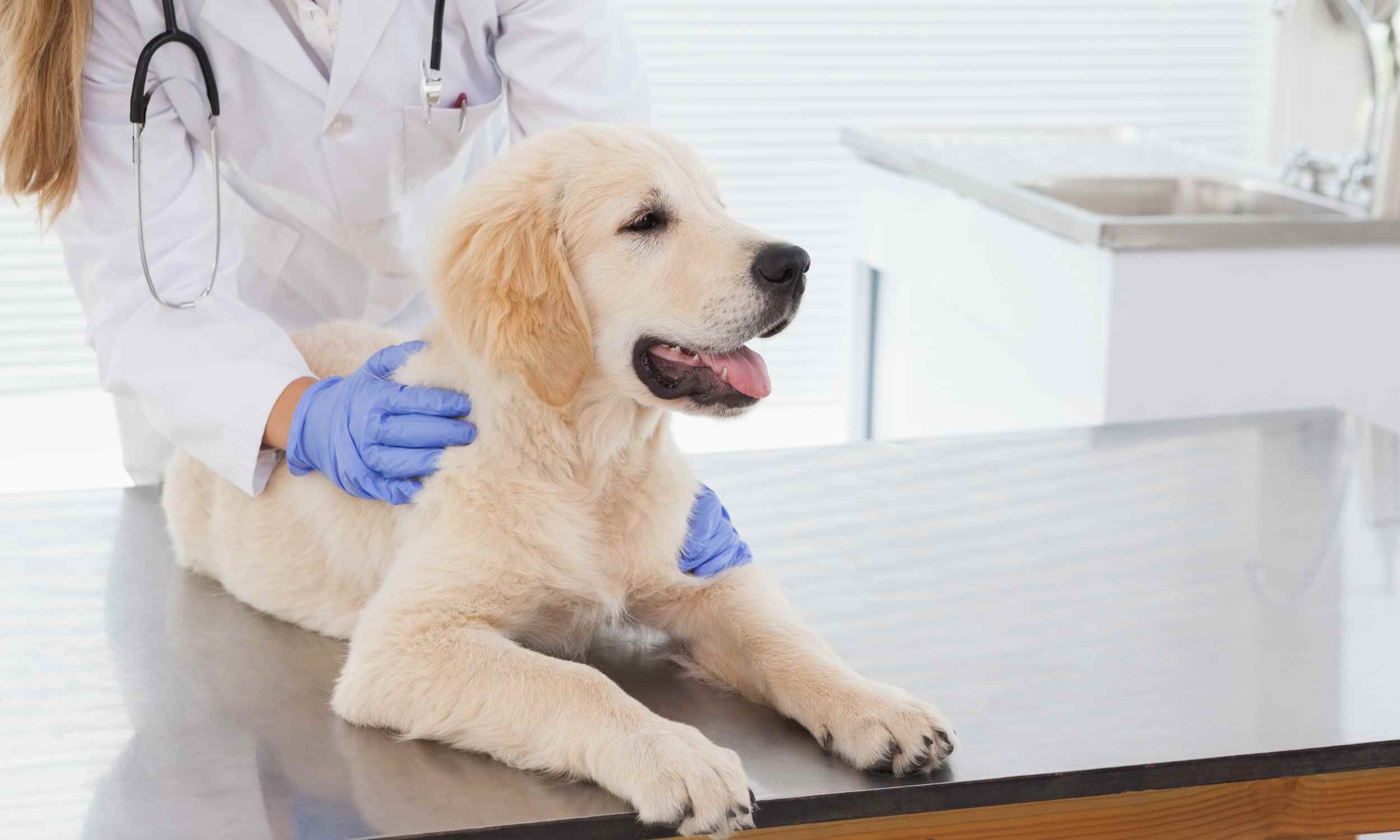Veterinary DNA tests for dogs
The new website for veterinary DNA tests is launched!
For the purchasing veterinary DNA tests, please use the new page and e-shop - www.vetgen.eu
If you have any questions, contact us by writing to vetgen@genera.lv or call us 26267833!

Great dogs start with great genetics!
Genetic DNA tests in dogs - why are they important?
The evolution of modern dog species has created a structure divided into relatively closed subpopulations, which we call breeds. Various characteristics distinguish a breed, both deliberately designed and undesirable, which have originated during the development of the breed.
Any dog lover knows that Labrador Retrievers are friendly but Dalmatians are physically strong, while Australian Shepherds are smart. Some also know that Labradors are more likely to have hip dysplasia, while Dalmatians are more likely to develop deafness and kidney stones. But why is this?
There are more than 400 genetically isolated dog breeds with significant morphological and behavioural diversity. Many of them were domesticated from the wolf about 15,000 years ago. The others are domestic dog breeds created in recent centuries, which were bred for selected physical, visual or behavioural traits in the hope that these desirable traits will be preserved and passed on to offspring. Such breed "creation" is based on the fact that even small changes in the genome can lead to significant (desirable and also undesirable) changes in the appearance or health of the breed. The selection process results in the artificial propagation of these "desirable" genetic modifications or the creation of a new breed - dogs, whose genome contains genetic variations (compared to the original dog genome) responsible for a set of "desired" traits. Also, the newly acquired set of dog traits is passed on to all offspring (so the genetic changes are propagated to the point that they are homogenised in all individuals, or both copies of DNA contain the changes, otherwise offspring that no longer have the characteristics of the breed may occur). To achieve that, it is usually necessary to perform several mating cycles (in several generations), which most often involves mating of related individuals (as they are more likely to have the desired traits).
In this mating process, in addition to the desired traits, new genetic changes may occur in a cycle, which are also propagated with the desired ones, such as a mutation that causes a disease. Even if the disease-causing mutation induces a recessive disease (individuals with a single copy of the mutant DNA are healthy), unfortunately, these mutations are also multiplied by this related mating. The end result is an animal population or breed that is not only characterised by a set of "desirable" characteristics but unfortunately has "undesirable" characteristics, such as diseases.
In science, this phenomenon is called inbreeding, and it is usually observed in isolated, relatively small populations, where the generation of offspring inevitably occurs between related individuals, and which usually results in population-specific, distinct characteristics (different from the general population). In this way, different human populations have developed, naturally and over a very long time.
It is important to understand that most of these breed-specific diseases are recessive, meaning that an animal with one mutant DNA copy out of two (the carrier) is likely to be healthy, but when pairing two such seemingly healthy animals, one in four offspring will be sick because of the receipt of both copies of the mutant DNA - one from the mother, the other from the father. There are also diseases that do not manifest at birth – the puppies appear to be completely healthy but the disease begins to manifest at a later age. Therefore, it is also important for buyers of breed animals to make sure that their new pet will not develop an incurable disease before purchasing an animal.
It is also vital for breeders, in continuing the breed to achieve beautiful and healthy dogs, to determine the genetic profile of potential parents to avoid genetic diseases in the offspring.
Important to know!
All available veterinary DNA tests are performed remotely - animals are not admitted to the laboratory!
Selected tests can be purchased in our e-shop. If you have any questions or concerns, please contact us!
SIA GenEra performs or organises almost any type of DNA testing
GenEra offers veterinary DNA tests for various needs. Because the service is new, your preferred DNA test may not be listed but that does not mean we can't perform it. For specific tests, please contact us by writing to info@genera.lv or contact us on our website under the section "Contact us" you can find below. Please indicate the type of DNA test/disease/mutation, etc.
Do you have questions about testing opportunities?
Ask us!

